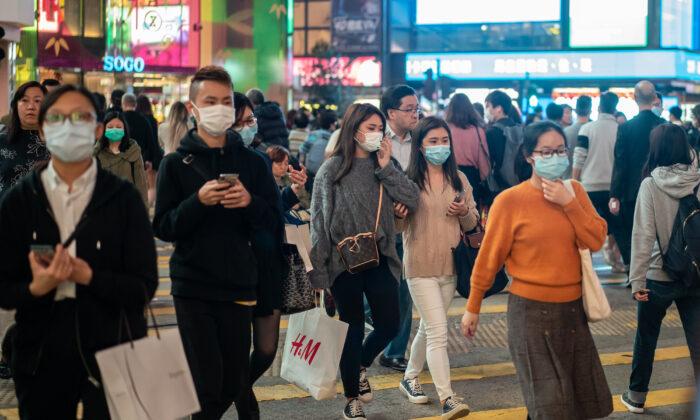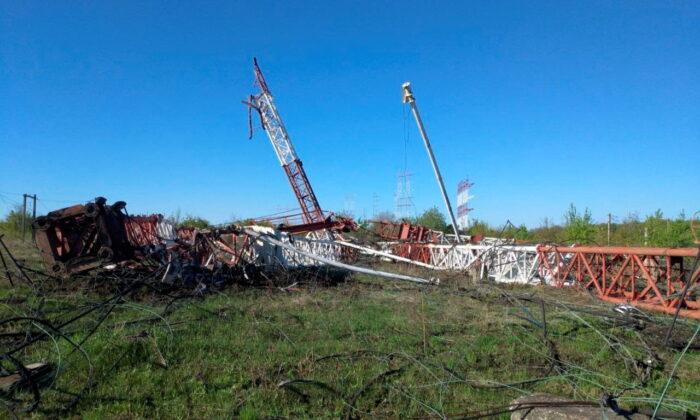Governments must implement “draconian” travel curbs to prevent the Novel Coronavirus from becoming a global epidemic, a team of infectious disease experts from Hong Kong said on Jan. 27.
A team of academics at the University of Hong Kong (HKU) on Monday presented research on the outbreak of the virus that first emerged in the central Chinese city of Wuhan, estimating that as many as 44,000 could be infected out of the city’s population of 11 million—a figure far higher than official statistics.
Leung said his team had estimated that by Saturday, 43,590 had been infected by the virus, including those who have not yet shown symptoms due to the disease’s incubation period.
”Substantial, draconian measures limiting population mobility should be taken sooner, rather than later,” he said, calling for mass gatherings to be cancelled, the closure of schools, and for employees to be able to work from home to limit the spread of the disease.
The virus, which Chinese authorities say is linked to a fresh food market in Wuhan which sold seafood and wild animals, has spread to cities including Beijing, Shanghai, Chongqing, Shenzhen, and Guangzhou.
“We are expecting to see epicenters of self-sustaining epidemics in these other major city clusters on the mainland,” Leung said.
Leung, who is also the founding director of the World Health Organization Collaborating Center for Infection Disease Epidemiology and Control in Hong Kong, said his team estimates that in 6.2 days, the number of patients showing symptoms of the virus will double.
The team based its calculations on international infection figures as of Jan. 25, Leung explained, adding that effective public health measures could bring the rate down.
The most common symptom of the virus is a high fever. However, other symptoms include breathlessness, a sore throat, and a cough. Severe cases of infection can cause pneumonia, severe acute respiratory syndrome, kidney failure, and even death, according to the WHO.
As the virus has an incubation period of seven days, symptoms may not immediately be noticeable.
Leung’s team predicted that the Novel Coronavirus will peak late April and early May in the Chinese cities of Beijing, Shanghai, Guangzhou, Shenzhen, and Chongqing, with some 150,000 new cases confirmed daily in Chongqing given its large population and transport links with Wuhan.
He said his research had been sent to the World Health Organization and Hong Kong and Beijing authorities.
Leung’s comments came just days after Hong Kong leader Carrie Lam declared a virus emergency, announcing measures to limit links with mainland China and prevent the spread of the new coronavirus.
Lam said flights and high speed rail trips between Hong Kong and Wuhan would be halted. Schools that are currently on Lunar New Year holidays will remain closed until Feb. 17 and education authorities have asked universities to extend leave for students, she said on Saturday.
Hong Kong’s government also moved to deny entry to all Hubei residents, as well as individuals who had traveled to the province in the past two weeks.
Lam also announced in a news conference on Tuesday that Hong Kong will drastically reduce the number of visitors from mainland China. As of Jan. 30, the city will halve flight arrivals and close rail and ferry services—measures which weren’t implemented during the height of the 2003 SARS epidemic.
China will also halt issuing visas for individual travelers from the mainland, Lam said.






Friends Read Free